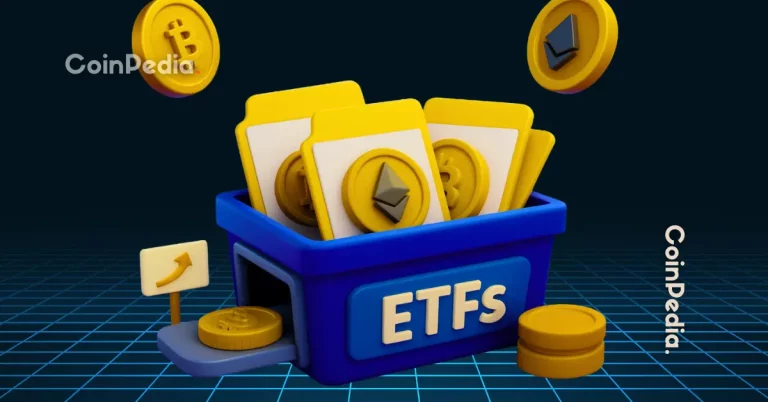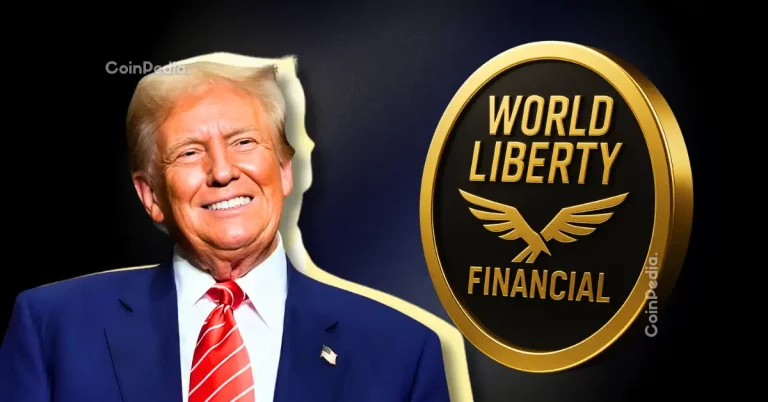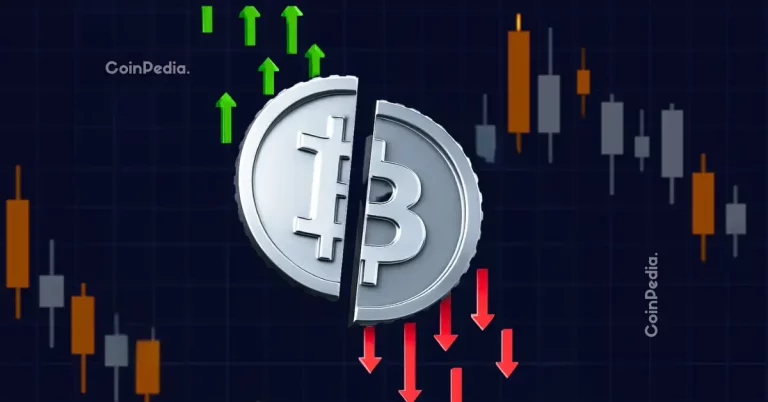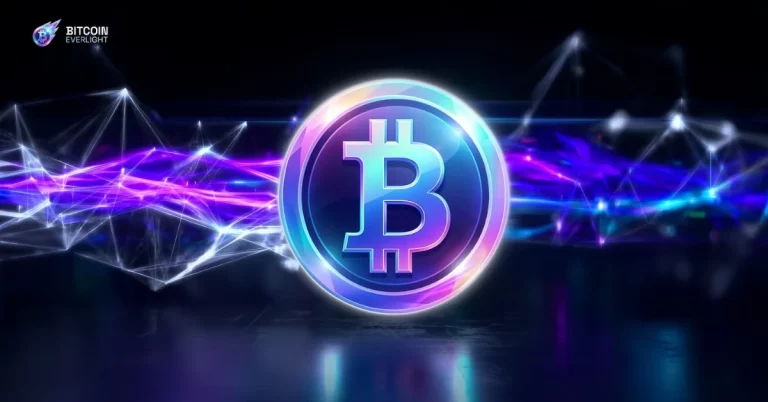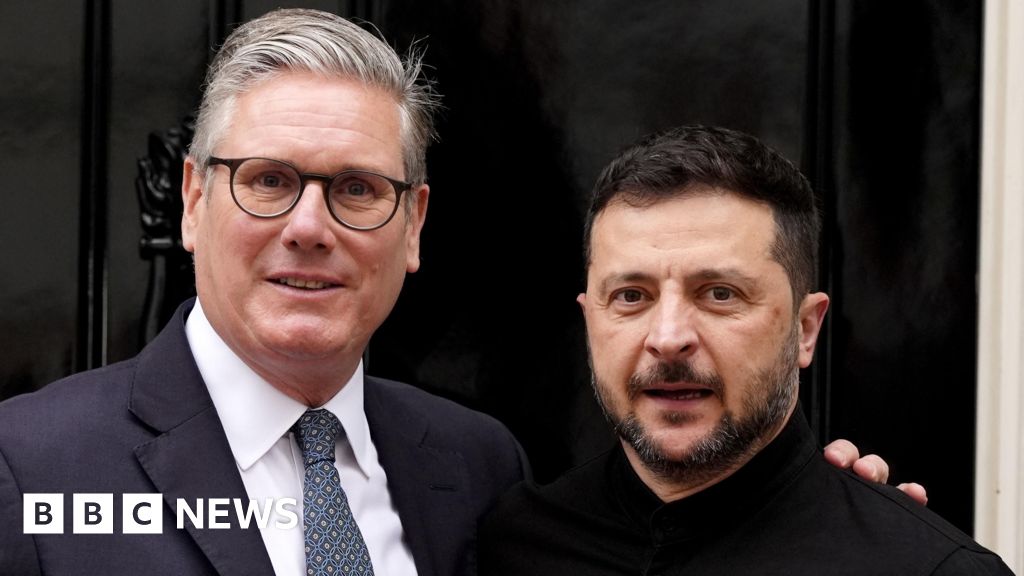
In an era marked by geopolitical uncertainty, Sir Keir Starmer has emerged as a key figure navigating the intricate dynamics of diplomacy surrounding the ongoing conflict between Ukraine and Russia. As the UK Prime Minister, Starmer’s pragmatic yet supportive stance is shaping discussions that could lead to lasting peace in Eastern Europe.
The Balancing Act of Diplomacy
Central to Starmer’s approach is striking a delicate balance between public support for Ukraine and private pragmatism in negotiations. While the Prime Minister consistently condemns Russia’s actions and expresses solidarity with Ukrainian President Volodymyr Zelensky, sources suggest that private conversations reveal acceptance of potential compromises, including the contentious “land for peace” framework.
Under this premise, Ukraine may consider ceding territories already under Russian military control as part of a broader peace agreement. However, Starmer has reiterated that decisions regarding territorial concessions remain Ukraine’s sovereign right. A No. 10 insider framed the discussion around three pivotal questions: “How much land, which land, and whether de facto or de jure?” The latter suggests room for ambiguity in negotiation outcomes, such as recognizing Russian-controlled land without formal legal acknowledgment.
Starmer’s Role on the Global Stage
As world leaders gather at the White House, Starmer’s mission is twofold. Firstly, he aims to facilitate constructive dialogue by encouraging Zelensky to assess opportunities presented by former U.S. President Donald Trump. Secondly, alongside European allies, Starmer seeks to secure comprehensive “ironclad” security guarantees for Ukraine. These guarantees, backed by Western powers, are seen as instrumental in enabling Kiev to sustain peace once achieved.
Notably, U.S. envoy Steve Witkoff described these proposed guarantees as “game-changing.” While Starmer’s critics once dismissed such efforts as unrealistic, recent developments suggest international collaboration is gaining momentum. His strong relationships with both Trump and Zelensky position him as a critical bridge between the U.S. and Europe.
The Road Ahead
While Starmer actively engages with Western leaders to align their peace strategies, questions about former President Trump’s role remain. Trump has hinted at NATO-like security guarantees for Ukraine and proposed territorial compromises involving the Donetsk and Luhansk regions. This “exercise in raw power,” as one UK official describes, underscores the high stakes.
Ultimately, Starmer’s goal is to ensure peace negotiations yield not only an end to the war but also a fair and lasting resolution. He emphasized this in a recent statement: “Everybody wants it to end, not least the Ukrainians. But we’ve got to get this right. We’ve got to make sure there is peace, that it is lasting peace, and that it is fair and just.”
Enhance Your Focus During Complex Times
In times of stress and uncertainty, maintaining focus is crucial for decision-making. If you’re seeking ways to stay sharp and centered during high-pressure situations, consider trying the Neutrogena Hydro Boost Face Gel Cream. Packed with hyaluronic acid, this product helps your skin retain hydration, offering a refreshing boost perfect for long days in the spotlight.
As global leaders continue conversations on securing a peaceful future for Ukraine, Starmer’s diplomatic balancing act highlights the complexities of modern political leadership. Stay tuned for updates as the situation evolves and efforts toward a lasting resolution progress.
